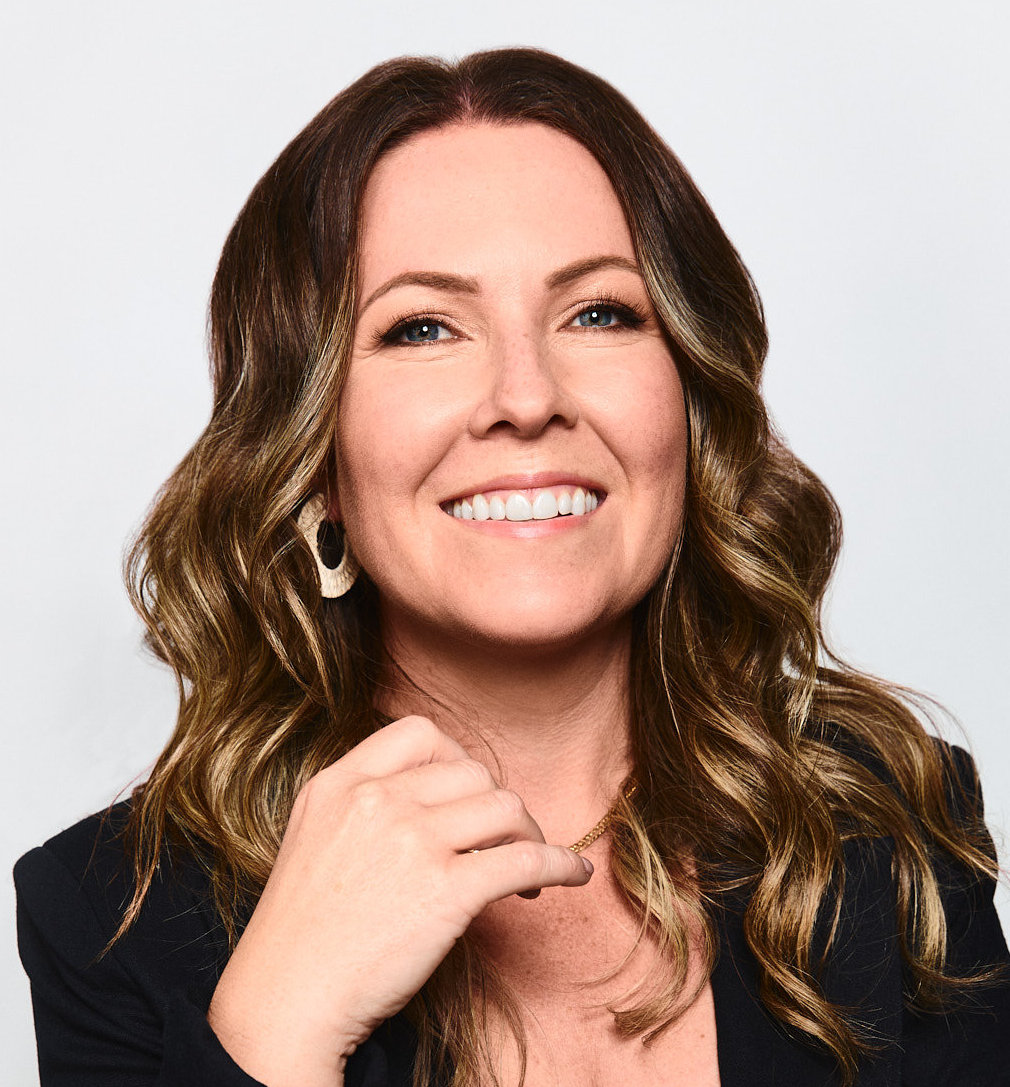|
VO BUSINESS
As part of my ongoing series where I respond to questions and feedback, here’s a great one that I'd like to touch on today. Let’s start with the gist of what this reader had to say, and then we’ll get into it: "I’ve done the training, I have a treated space and solid gear, I work with coaches regularly, and I’m online. But I’m stuck on the business end. Not the marketing stuff - that’s covered pretty well - but the actual logistics. How do I track income? Do I register a business? When someone says ‘hire an accountant,’ what exactly does that even mean and how do I go about doing that?” Whether you're in Ontario (like this actor and I are) or somewhere else entirely, this is the part of the VO journey that doesn't get nearly enough attention. So let’s change that. Here are a few foundational things every voice actor should consider - wherever you are in the world: 1. Should You Register a Business? You can often operate as a sole proprietor under your own name without formally registering a business. Some regions require registration once your income reaches a certain threshold. In some cases, registering as a corporation might be the better choice, since it can offer personal liability protection. But for many, registering as a sole proprietor is more straightforward and budget-friendly. Ultimately, the best option depends on where you live, your income level, and a few personal factors unique to your situation. Depending on your location, you might need to register your business and apply for a tax number separately - while in other places, the two are bundled into one process. To find out what's the best option for you, speaking to an accountant would be super helpful (more on that below). Also, most official government websites will have that information laid out for you so you can make an informed decision. 2. How to Track Income & Expenses (Without Losing Your Mind) Start simple. Whether you use a spreadsheet like Excel, Numbers, or Google Sheets, or tools like Voiceoverview, Wave Accounting, QuickBooks, Freshbooks, etc., the goal is the same: keep a clean record of what’s coming in and going out. You don’t need to be a numbers person - you just need to know where your money is moving. Expense layout could be as simple as having columns with:
Income layout could be as simple as:
Track things like:
3. Yes, You Probably Want an Accountant (But Here's What That Means) “Get an accountant” is vague advice. What you actually want is someone who:
Ask fellow VOs or other creative freelancers in your area for referrals. A good accountant isn’t just a numbers person - they’re a partner in your sustainability. If you’re juggling a day job, creative projects, family, and trying to level up your VO career, it’s easy to stall out right at the starting line. Especially when the “next step” feels murky. Here’s one tip: break your business-building into tiny, weekly wins. Examples:
And whenever possible, don’t do it alone. Set up “VO work dates” with fellow actors. A little accountability goes a long way. The craft of voice acting is what draws most of us in. But turning it into a business, one that’s sustainable, profitable, and organized, is what keeps us in the game long-term. As they say, you should always seek relevant professional advice before making decisions and commitments, but hopefully this helps spark some ideas and gives a general idea of what to focus on, on the business-side of things. You’ve got this. Now go out there and do great things. Web: www.vokickstartprogram.com |
Tell Us What YOU Think!
Please Note: Since we check for spam, there will be a slight delay in the actual posting of your comment.
Comments
No comments have been posted yet. Hurry, and you could be the first!
As of the NEW website launch, 03/22/2012

 By Dervla Trainor
By Dervla Trainor

.png)






click for new article alerts